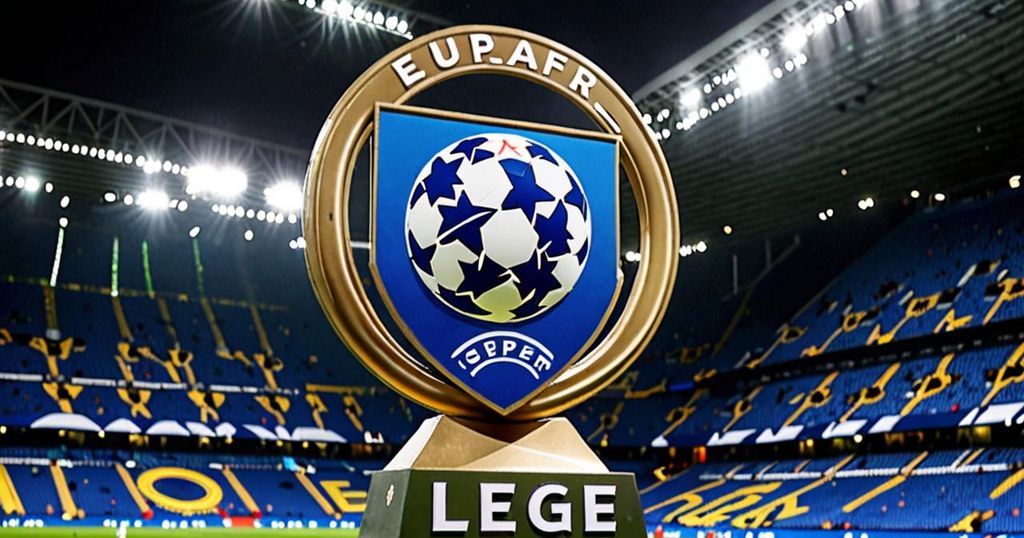In a recent ruling by a commercial court in Madrid, the creators of the European Super League (ESL) were favored, with the court stating that Uefa and Fifa were in the wrong to ban clubs from joining the breakaway competition. The court found that the European and world governing bodies were engaging in anti-competitive behavior and abusing their dominant position. This decision aligns with a similar ruling by the European Court of Justice in December.
The case was brought to court by A22 Sports Management, the company behind the ESL, against Uefa, Fifa, Spain’s La Liga, and the Spanish football federation (RFEF). Despite the ruling, Uefa has maintained that it does not signify an endorsement of the ESL or any similar proposals. Additionally, Uefa has since modified its rules on new competitions following the collapse of the ESL proposal in April 2021, and the court has stated that these new rules remain unaffected by its recent ruling. La Liga echoed this sentiment, emphasizing that the court did not endorse the ESL project.
On the other hand, Bernd Reichart, chief executive of A22, viewed the ruling as a significant blow to the monopoly of Uefa, declaring it as an essential step towards a more competitive and sustainable club football landscape in Europe. Reichart also criticized Uefa for stifling innovation and emphasized that clubs should be free to explore new ideas without the fear of sanctions.
The ESL controversy began in April 2021 when news broke that 12 teams, including prominent English clubs and others, had agreed to join the breakaway competition. However, the announcement was met with widespread backlash from fans, European leagues, and even government officials, leading to the swift collapse of the plans within 72 hours. Subsequently, Uefa imposed fines on the six Premier League clubs plus Atletico Madrid, Inter Milan, and AC Milan. Nonetheless, legal action against Real Madrid, Barcelona, and Juventus was put on hold during the legal process.
BBC chief football news reporter Simon Stone provided analysis on the ongoing ESL saga, highlighting the divergent perspectives surrounding the recent court ruling. Furthermore, he emphasized that regardless of the outcome, significant changes in the football landscape are imminent.
As the ESL creators celebrate the favorable ruling, the future of European football remains uncertain. The ongoing power struggle between governing bodies and breakaway league proponents continues to shape the landscape of European football.



